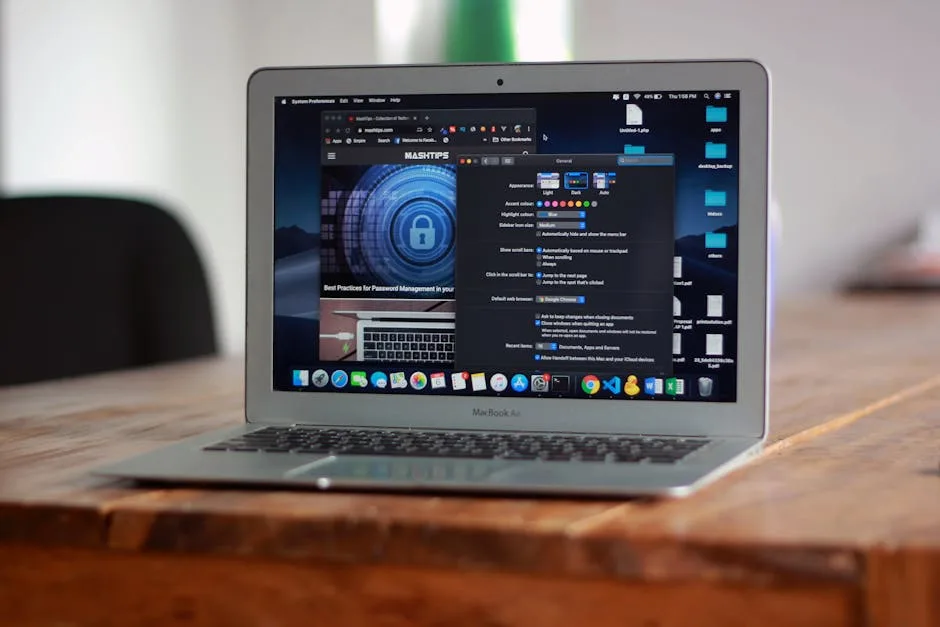
The Trump administration and congressional officials have raised objections to Apple’s proposed integration of Alibaba’s artificial intelligence tools into iPhones sold in China, citing potential national security risks and data privacy concerns. This deal, aimed at bolstering Apple’s competitiveness in China’s lucrative market, has drawn scrutiny due to Alibaba’s ties to China’s military-civil fusion strategy and the country’s stringent data localization laws1.
TL;DR: Key Points
- Apple plans to integrate Alibaba’s AI (e.g., Mandarin-optimized voice assistants) for iPhones in China
- U.S. officials warn the deal could enable CCP access to consumer data via China’s 2024 Data Security Law
- Commerce Department reviewing potential violations of 2024 AI export controls
- Precedent: 2023 U.S. pressure forced Apple to cut ties with Yangtze Memory Technologies
- Apple shares dropped 3% following news of government resistance
Technical and Geopolitical Implications
The proposed AI integration would require Apple to store Chinese user data locally under China’s Data Security Law, creating potential access points for Chinese authorities. Alibaba’s AI tools, particularly in natural language processing and image recognition, have dual-use applications that could benefit China’s military AI development2. This mirrors previous concerns about Huawei’s 5G infrastructure, where commercial technology was adapted for surveillance purposes.
Microsoft has reportedly advised U.S. officials on the risks, drawing from its own challenges operating in China3. The Commerce Department is examining whether the deal violates 2024 export controls on AI infrastructure, particularly regarding the transfer of foundational models or training data that could advance China’s military AI capabilities.
Security Considerations for Enterprise
For organizations using Apple devices in enterprise environments, this development raises several considerations:
| Risk Area | Potential Impact | Mitigation Strategies |
|---|---|---|
| Data Exfiltration | AI-processed corporate data stored in China may be subject to CCP access requests | Implement MDM policies to disable region-specific AI features on enterprise devices |
| Supply Chain Security | Alibaba’s AI components could introduce vulnerabilities in iOS updates for Chinese market devices | Segment device fleets by region and delay updates until security reviews are completed |
| Compliance Conflicts | Potential violation of U.S. sanctions if AI components are derived from restricted technologies | Conduct third-party audits of Apple’s China-specific software branches |
Broader Context in U.S.-China Tech Relations
This confrontation occurs amid inconsistent U.S. policy on tech exports – while restricting AI chip sales to China, the Trump administration simultaneously negotiated AI chip sales to UAE’s G421. Congress is drafting bipartisan legislation (the AI Trade Security Act) to create standardized review processes for such partnerships.
Apple faces a strategic dilemma: China represents 20% of global revenue2, but compliance with Chinese regulations may trigger U.S. sanctions. The company’s 2023 experience with Yangtze Memory Technologies demonstrates the potential financial impact, when forced separation caused significant supply chain disruptions.
Conclusion and Recommendations
This situation highlights the growing intersection of commercial technology and national security policy. Organizations should:
- Review procurement policies for devices with region-specific AI implementations
- Monitor for new U.S. regulations on AI component exports
- Consider network segmentation strategies for devices operating in high-risk jurisdictions
The outcome of this dispute will set important precedents for how multinational corporations navigate the U.S.-China tech divide, particularly in AI development and deployment.
References
- “Apple’s AI Deal with Alibaba: U.S. Government Resistance and Geopolitical Implications.” The New York Times, 17 May 2025.
- “Apple’s Artificial Intelligence Ambitions for China Provoke Washington’s Resistance.” StartupNews.fyi, 17 May 2025.
- Microsoft’s Role in U.S.-China Tech Policy Discussions. The New York Times, 2025.
- Hermes Strategy Group Tweet on CCP Data Access. Twitter, 17 May 2025.
- 2024 U.S. CHIPS Act Amendments. U.S. Department of Commerce.






